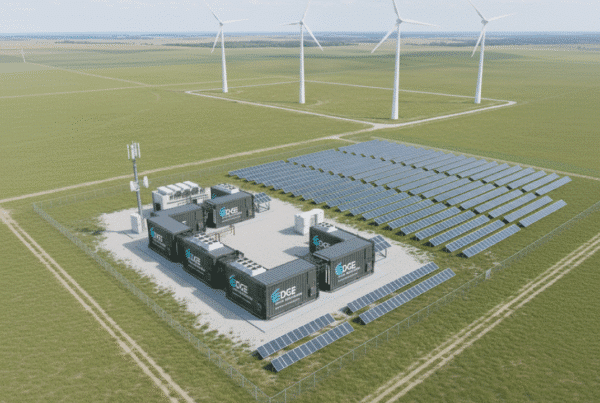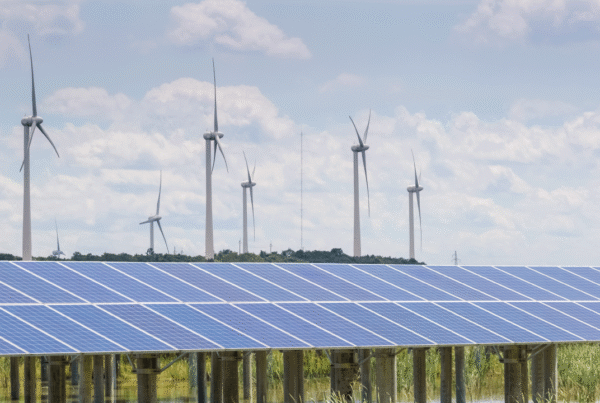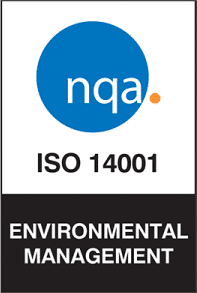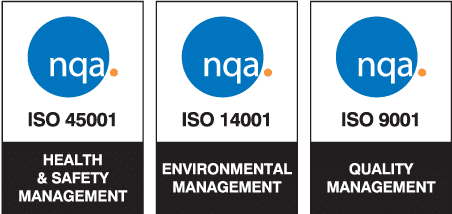
Despite technological advances, their adoption faces a number of challenges and barriers that require attention and resolution. Which ones can we highlight?
- Upfront and financing costs: Upfront costs represent a significant barrier. Although prices for renewable technologies have decreased in recent years, the upfront investment for the installation of solar panels, wind turbines and other systems remains high. On the other hand, fluctuations in fossil fuel prices can influence the cost-effectiveness of renewables, making the adoption of clean technologies less economically attractive.
- Dependence on subsidies and fiscal policies: this can be a major obstacle as the lack of government support can make it difficult for renewables to compete with conventional sources, which often receive subsidies and tax benefits.
- Technological limitations: although we have mentioned above that renewables have made great technological advances, they may still have limitations in terms of efficiency and scalability compared to conventional energy sources.
- Need for education and awareness: Lack of knowledge about the benefits of renewables and the transition to cleaner sources can limit their adoption at both the individual and political level. Public education and awareness campaigns are therefore essential to generate support and understanding.
- Local environmental impacts: Although renewable energies are generally cleaner than fossil fuels, some projects may have local environmental impacts, such as the disruption of ecosystems in hydropower projects.
In short, investment in research and development, the implementation of effective policies and collaboration between governments, industry and society as a whole are key to overcoming these obstacles and accelerating the adoption of clean energy.







